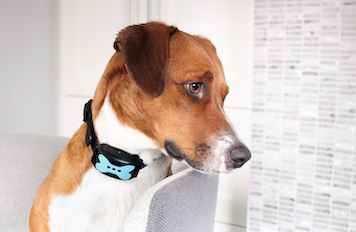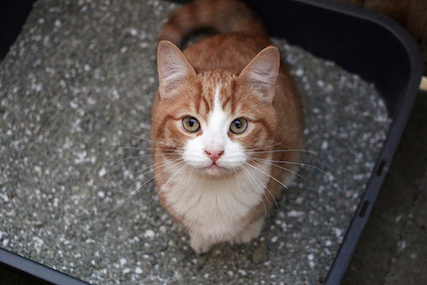Dr. Amen is a famous human Psychiatrist and I admire his view of mental health. He focuses on creating great brain health which, in his view, is directly tied to mental health. I happen to agree with Dr. Amen’s view, and I find his work with his patients inspiring. So, what does that have to do with puppies?! Well, have you considered your puppy’s brain and/or mental health? There is no better time to talk about your puppy’s mental health and how to protect and promote their brain health than the month of May—mental health awareness month!
As a Certified Applied Animal Behaviorist, looking at the environment to create good brain and mental health is at the foundation of my work. And, when considering a puppy’s mental health, aside from nutrition and regular veterinary care, I consider a few areas:
- A puppy’s anxiety and degree of loneliness as they transition from their litter to a home
- Prioritizing healthy social interactions
- Whether expectations for the puppy are appropriate.
A puppy’s anxiety and degree of loneliness as they transition from their litter to a home
The first consideration for your puppy’s mental health involves the moment you get your puppy—when you bring them home! It is easy to get lost in the excitement of having your new cute and cuddly family member and it is important to consider what a big transition it is for them! They have just left their litter and mother to come live in a home that looks different. You may not have any other dogs or pets, or you may have an older, grumpy-toward-the-new-4-legged-addition dog. To protect your puppy’s mental health during this challenging transition, it is important to spend plenty of time with your puppy, yet not so much that they begin developing separation anxiety. I recommend doing active things to provide plenty of exercise. Exercise helps protect their brain and adds lots of fun! If you have other pets, allow your puppy to interact with them, assuming your other pets tolerate the puppy well. After periods of activity, make sure your puppy can tolerate being left somewhat alone. It is important that this happen early and within the first couple of days. Teaching your puppy, it is safe to be alone will help protect their mental health when you need to leave for longer periods and prevent separation anxiety.

At night, I recommend your puppy be crated but in the same room as you. It might be helpful to have the crate within arm’s reach if they need to be comforted overnight. Giving your puppy the right amount of attention and access to you helps to protect their mental health and promotes a healthy brain for years to come.
Prioritizing healthy social interactions
It is equally important to promote healthy, positive social interactions for your puppy. Interactions with other people help with socialization and are important. For your puppy’s mental health though, consider interactions with other known, healthy, and friendly dogs, ideally ones that will play. Other dogs help not only to keep your puppy socialized but also can be a great comfort for a puppy who has just left their mother and littermates. Social interactions also involve touch which releases happy chemicals within the body. Play also serves as exercise which promotes even better brain health. Start recruiting friends and family with friendly dogs and schedule some play dates for the whole family! Who knows, you might even get some brain health benefits too!
Appropriate expectations for the puppy
Lastly, I consider the expectations put on the puppy. Are they clear and reasonable? Developmentally appropriate? Are they delivered with predictability across family members? It is important that puppies are not expected to tolerate mishandling from other people, animals, and especially children. The expectation that a puppy should tolerate inappropriate handling by others does not help promote good mental health or future behavior. Instead focus on teaching others, mainly children, how to appropriately interact with your puppy. That will go a long way in protecting both dogs and kiddos! For tips on ways to get your kids involved in training read my “Bringing Puppy Home” blog. Other typical expectations might include topics like housebreaking, time spent in the crate, chewing, and play biting. Check out some of my former blogs to determine at what age is appropriate for these various topics. I find that most of my clients have very reasonable expectations and normally that puppy can exceed those expectations!

The great thing about puppies is that they are generally very happy, carefree, and live in the moment. It does not take much to protect and promote good brain and mental health in an already joyful puppy. Simply considering it and knowing what to do, gives you the power to help your puppy. With a little bit of planning and effort, you can feel confident you are doing what it takes to protect and promote good brain and mental health for your puppy well beyond the month of May! And, if you are interested in learning about Dr. Amen’s work, check out the clinic’s Instagram @amen_clinics.




